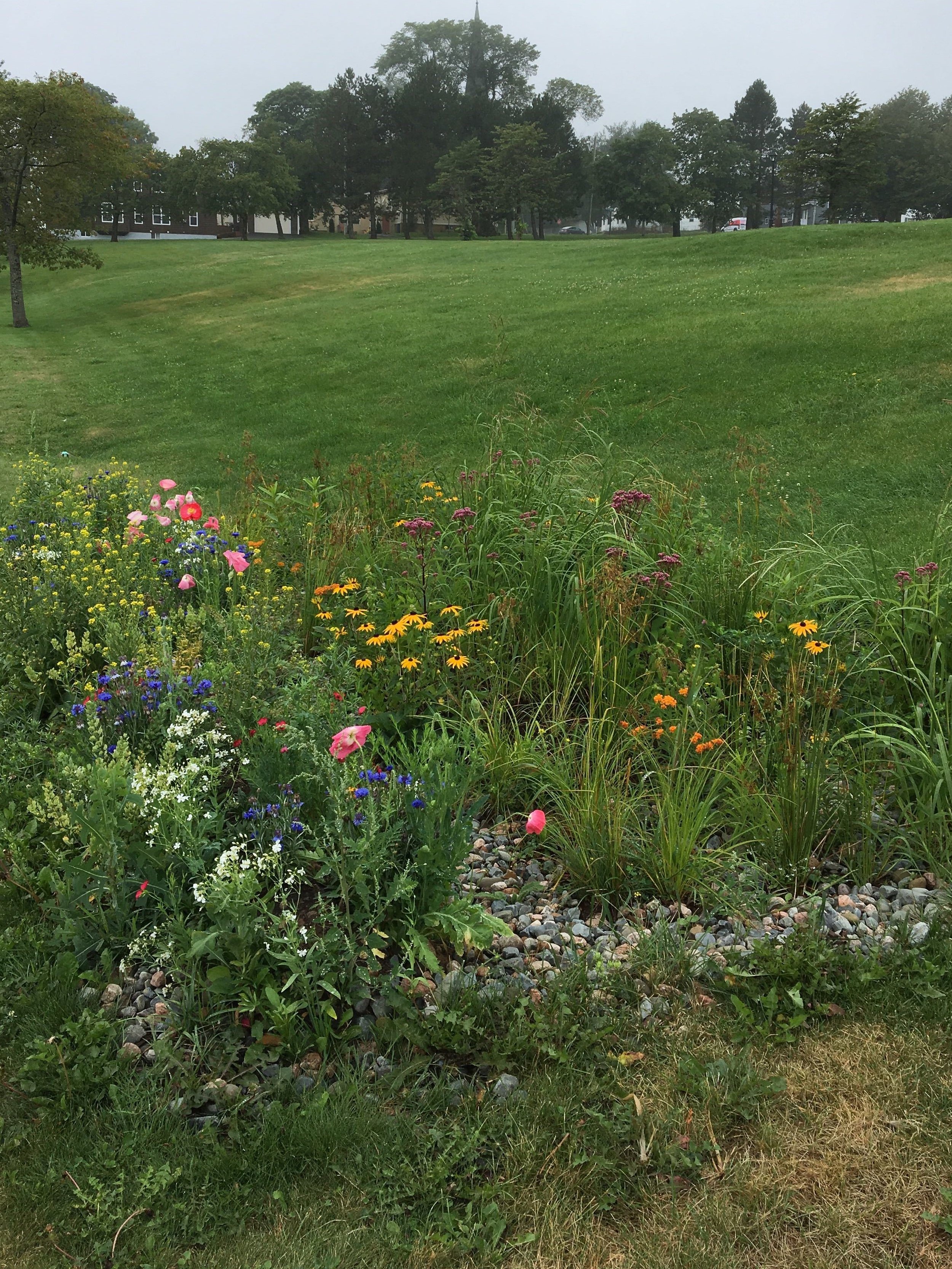Climate Change, Community, and a Coastal City
In May 2019, I began my role as the Climate Change Adaptation Intern at ACAP Saint John. This internship was the final milestone required to complete the Masters of Climate Change (MCC) program from University of Waterloo. What is the Masters of Climate Change? It’s a unique program that focuses on creating an interdisciplinary group of climate change specialists! Individuals with different backgrounds and interests were brought together to learn and discuss the challenges created by Earth’s changing climate. Throughout the MCC program, our discussions were focused on the success of adaptation and mitigation How do we adapt to these climate impacts? How can we prepare our society for predicted changes? After several months of course work (which felt like years!), the internship milestone is intended to apply the research and problem-solving skills in a real-world setting.
Good morning Saint John!
During the 2019 winter term, I began applying for an internship position where I could apply this new education. I was eager to apply out of Ontario and hopeful that this could be an opportunity for me to explore a new part of Canada. Sure enough, it has been! I moved to Saint John, New Brunswick at the start of May and have been amazed by the beauty of the coastline, the old growth Acadian forests and the contrast of the industrial sector. Yet the real reason I came to New Brunswick was not to hike and admire the sights but rather to help create a plan that will effectively prepare Saint John for climate change. The floods of 2018 and 2019 have began an on-going discussion (throughout all of Canada) that places emphasis on the severity of climate change. What is happening to our homes? What is happening to our ecosystem? With spring floods, localized rainfall flooding in low lying areas as well as increasing summer temperatures, the impacts of climate change are obvious. It has never been so important to provide solutions that can combat the impacts of extreme weather.
Saint John River Flood, 2019
In 2017, ACAP Saint John began working to develop a Climate Adaptation Plan for the city. Like many other Canadian cities, this plan is intended to protect and reduce the impacts of climate change on valued infrastructure and vulnerable groups. Working alongside the climate change coordinator, Bailey Brogan, I was appointed to aid in the completion of the adaptation plan and engage in public events. A portion of the summer has been developing a list of recommended actions for the city to take based on the identified vulnerabilities and risks in Saint John. As well, the adaptation work involved constructing a public rain garden in Queen Square West and engaging residents at the Area 506 festival. The community response was thankful for the climate action being taken by ACAP! In the future, it is important that these public conversations continue with a positive focus on the work being done in the city.
Rain Garden in Queen Square West, August 2019.
Beyond the climate change planning process, I am grateful to have participated with the ACAP team at public events and for various field work activities. This community-based organization has a positive environmental influence in Saint John, and I am hopeful that the adaptation actions will be taken to reduce the negative impacts of climate change. This plan is an opportunity for Saint John to step forward and transform towards a healthier, safer and climate resilient community!
Jamylynn McDonald



